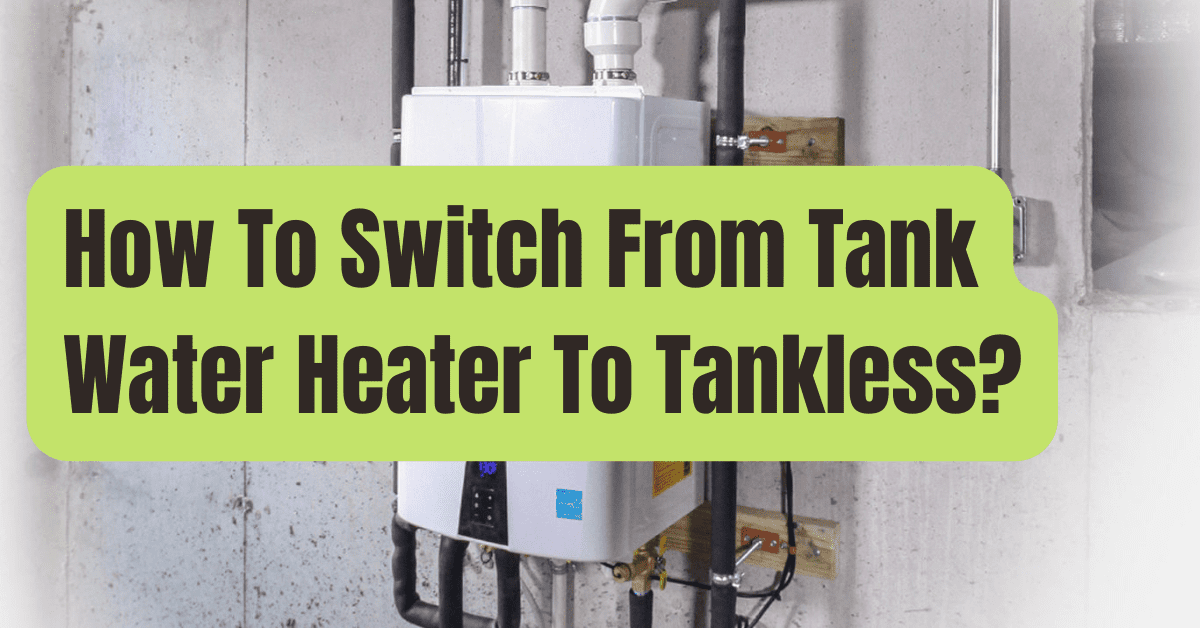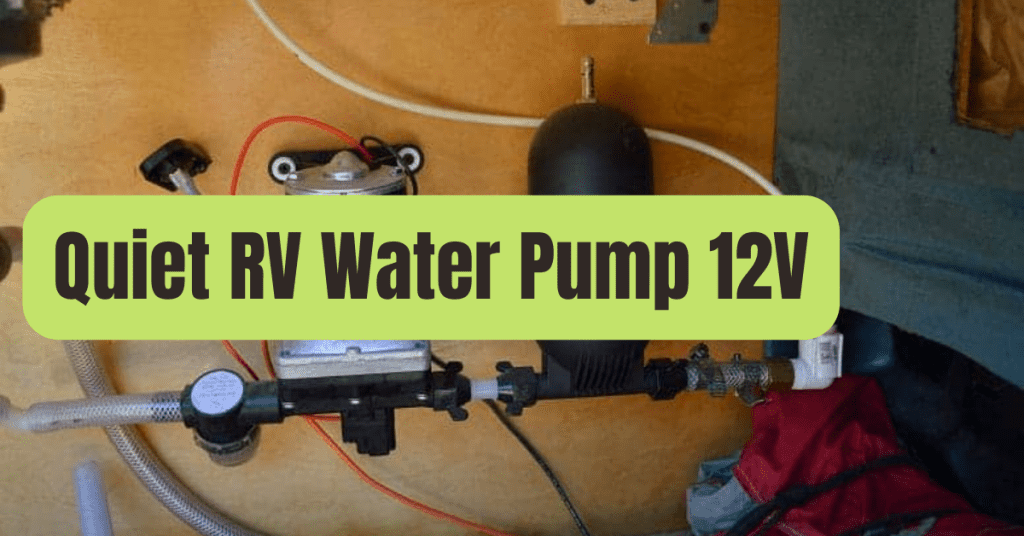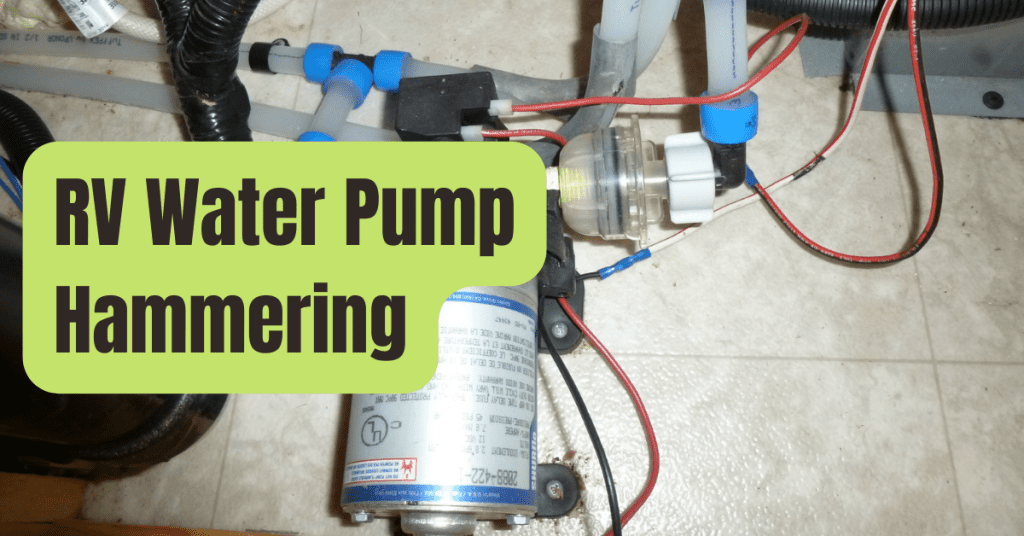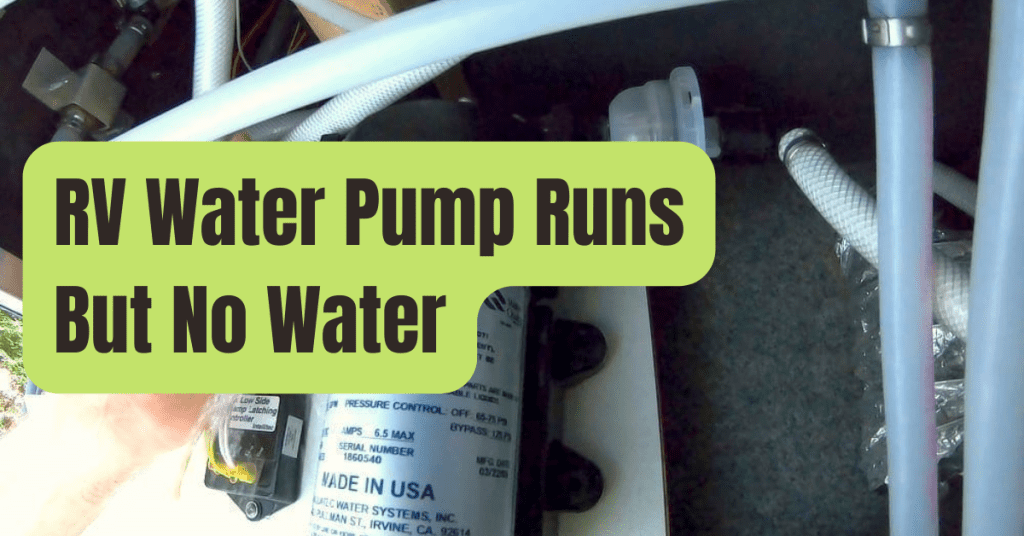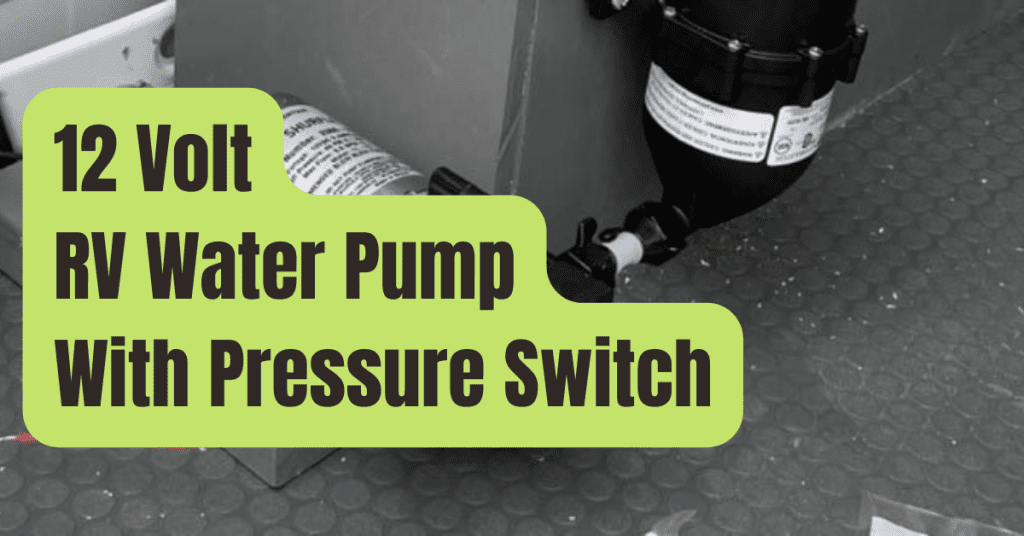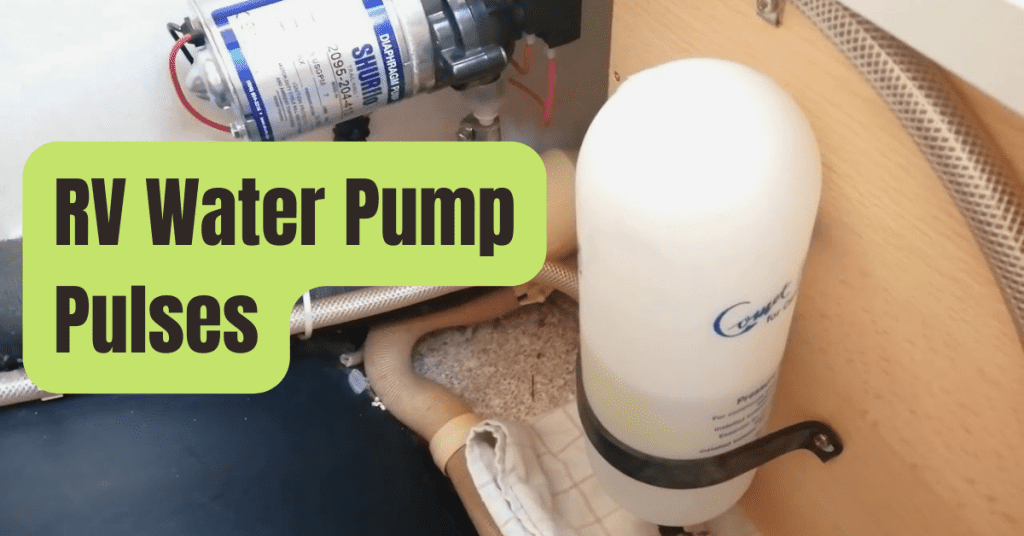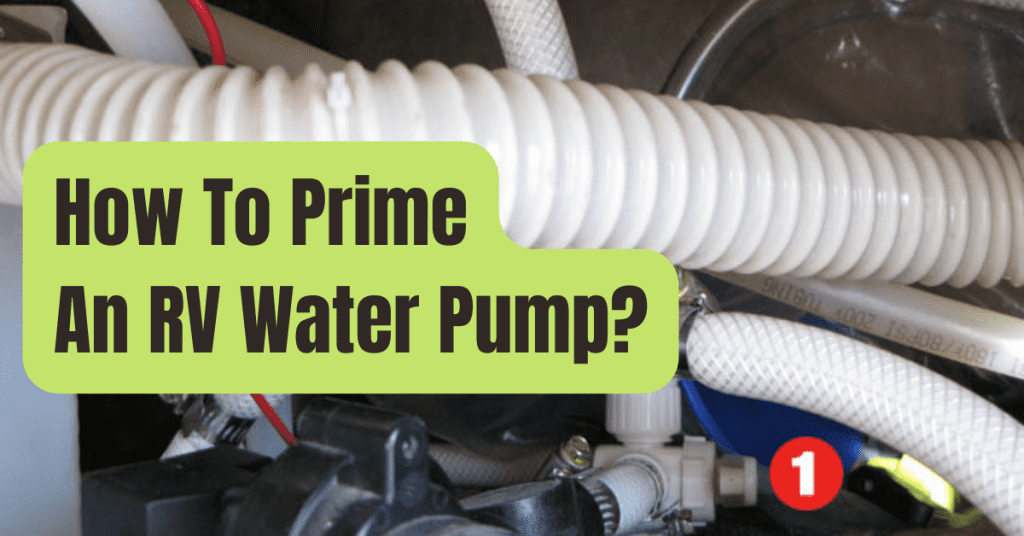There is no question that a water heater is an important device that plays a significant role in determining the degree of comfort and efficiency that your house provides.
The kind of water heater you choose may have a big impact not only on the amount of money you spend on your monthly water bills but also on the quantity and timing of the hot water you have access to in your home.
People are often perplexed by the capabilities and components of tankless water heaters, which results in widespread confusion about the nature of this kind of water heater.
On Demand Water Heaters, Instant Water Heaters, and Electric Water Heaters are common names for tankless water heaters.
In certain instances, people sometimes refer to tankless water heaters as Electric Water Heaters.
With the exception of an electric water heater, all of them are referring to tankless water heaters.
Electric water heaters come in a wide variety of styles, but we won’t get into that in today’s blog article.
Instead, we will focus on the process of replacing the rusty old tank that is now housed in your garage with a modern tankless water heater.
Is it Possible to Convert an Existing Tank Water Heater into a Tankless Model?
Absolutely! Because of the significant reduction in energy consumption that they provide, tankless water heaters are rapidly becoming the industry standard for the building of brand-new homes.
In comparison to your typical tankless water heater, which has a rating of 0.94 for its UEF (Uniform Energy Factor), newer tank water heaters have received a rating of 0.70 for their UEF.
Standard tank water heaters have made some progress in recent years regarding their energy efficiency rating; however, it is clear that they still have a ways to go before they can catch up to the efficiency of a tankless water heater, and to be honest, they will never be as great as the tankless model.
This is due to the fact that tank water heaters regularly heat and reheat anywhere from 40 to 75 gallons of water, but tankless water heaters only work when there is a need for them to do so.
A tank water heater may be converted to a tankless water heater in a straightforward manner with the assistance of a trained specialist.
Concerns And Misunderstandings That Often Arise In Relation To Tankless Water Heaters
1. Does a tankless water heater give immediate hot water? This is an excellent issue; the word “on demand water heater” is often misunderstood by a large number of people to imply “immediate hot water.” When the hot water faucet is switched on, a tankless water heater uses a heat exchanger to get the water to the desired temperature.
When there is a need for hot water, the tankless water heater rapidly warms the water as it is required.
However, it still takes some time for the hot water to flow through your pipes and emerge from the other end of the system at a lovely, comfortable temperature.
2. Why are these water heaters referred to as “on demand” models? Tankless water heaters heat the water only when there is a demand for it, as opposed to traditional tank water heaters, which heat anywhere from 40 to 75 gallons of water all the time just in case you need it, and then run out of hot water when all of the water has been used, at which point the tank water heater needs to be refilled and the water must be reheated.
3. Do they come at a high cost? Yes.
The initial investment required to go from a tank water heater to a tankless one is significant.
Tankless water heaters have a price tag that is three times more than the standard water heater tank.
However, many people find that the cost savings in electricity and the provision of limitless hot water are worth it in the end.
Tankless water heater installations may be made more accessible to consumers by MGP Mechanical’s provision of cost-free cost estimations and financing options without interest charges.
4. How long does the actual procedure of installation take? In most cases, installation might take between four and six hours.
5. What exactly is UEF stand for? The abbreviation for “Uniform energy factor” is “UEF.” A computation is made depending on the amount of energy that is used.
When it comes to energy savings, a greater UEF is better.
Now that we have answered some of your concerns, you may be wondering whether it is a good time to switch from a water heater with a tank to one that does not have a tank.
It is not necessary to get rid of an existing water heater that is in working order in order to switch to a tankless one.
The average lifespan of a tank water heater is between six and thirteen years.
It may be time to replace your water heater if it is getting on in years and is beginning to give you troubles.
You’ll get the most out of your money if you let the experts at MGP Mechanical guide you in making the best option possible, and they can do so with their assistance.
When the time comes to repair or replace your tank water heater, keep in mind that the advantages do exceed the initial expense.
Additionally, the tankless water heater is becoming an increasingly common standard feature in newly constructed houses.
Pros of Using a Tankless Water Heater
- Utilize a smaller footprint inside of your house.
- More efficient
- Better warranty
- Never find yourself without any hot water.
The Navien Service Specialist that you need is MGP Mechanical.
Our goods are the best in the market, and they come with warranties that are among the best in the business.

